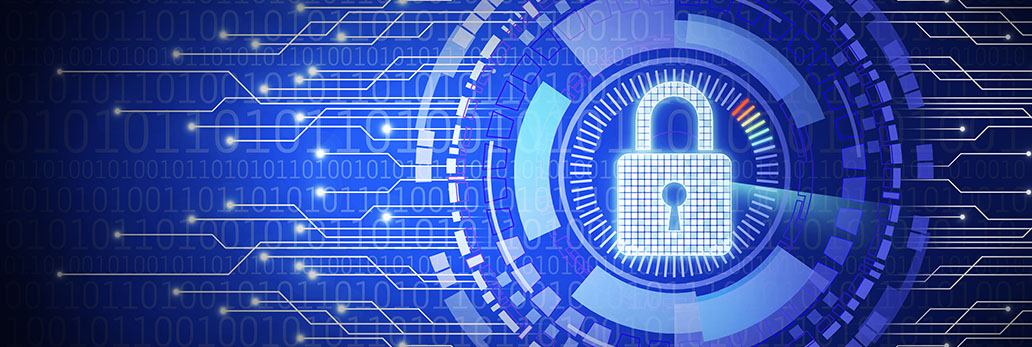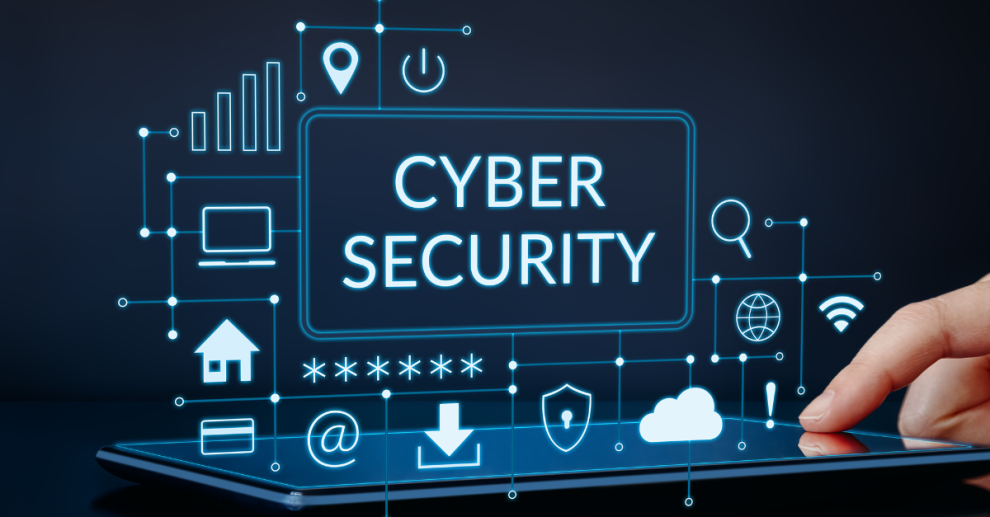Governments and businesses are boosting their defenses in the wake of a wave of high-profile cyberattacks. Cybersecurity has always been important, but it’s become even more critical in recent months following a series of attacks targeting a wide range of organizations. These attacks have caused billions in damages and disrupted essential services. In response, public and private sector organizations are shoring up their security infrastructure.
High-Impact Cyberattacks
Recent cyberattacks like the SolarWinds supply chain hack, Colonial Pipeline ransomware attack, and JBS meat processing hack have highlighted vulnerabilities in even the most secure networks. These and other incidents have shown that no one is immune to cyber threats in our increasingly connected world.
SolarWinds Attack
The sweeping SolarWinds attack, likely carried out by Russian nationals, breached thousands of public and private networks by targeting the IT management software provider’s update system. By compromising a ubiquitous software product, the attackers gained access to sensitive data and systems at major technology companies, government agencies, consulting firms, hospitals, and universities.
Colonial Pipeline Attack
In the Colonial Pipeline incident, criminal ransomware hackers encrypted computer systems that control fuel transport across the eastern U.S. To restore operations and prevent fuel shortages, Colonial paid $4.4 million in Bitcoin to the attackers. The FBI eventually recovered most of the ransom, but the attack disrupted critical infrastructure and created temporary gasoline supply issues.
JBS Cyberattack
Soon after Colonial Pipeline, the world’s largest meat processing company also fell victim to a crippling ransomware attack. JBS suspended beef production in the U.S. and other countries after their plants and distribution networks were targeted. Like Colonial, JBS likely paid millions in ransom to prevent further disruption of the food supply chain.
Boosting Cyber Defenses
To defend against the rising tide of sophisticated cyberattacks, organizations are taking action by investing in security upgrades, hiring professionals, and instituting stricter controls.
New Security Technologies
Artificial intelligence, machine learning, and other cutting-edge technologies are being deployed to better predict attack patterns, quickly identify threats, and automate response procedures. Cloud data and infrastructure management tools also centralize control and security monitoring.
More Cybersecurity Staff
Human expertise is still essential to cyber defense, so public and private sector organizations are hiring more information security analysts, engineers, and other professionals. Cybersecurity roles often pay upwards of $100,000 to help attract talented candidates amidst an extreme talent shortage.
Strict Security Policies
Mandating multi-factor authentication, encrypted data transmission, timely software updates, robust access controls, and other security best practices helps close vulnerabilities. Conducting more penetration testing and attack simulations also helps organizations find and fix gaps.
Personal Cyber Safety

While organizations big and small grapple with sophisticated cyber threats, individuals face rising security and privacy risks. Consumers can take matters into their own hands by being smart about online access, keeping devices secure, and watching out for cyber scams.
Strong Passwords
Having a different, complex password for every account may sound tedious, but password managers like LastPass streamline the process and ramp up security. Enabling two-factor authentication provides an extra layer by requiring an access code from your phone or security key.
Update Software
While updates seem pesky, they often contain vital security patches. Set your devices and applications to auto-update whenever possible. Also be cautious about what you click on or download to avoid malware infections.
Back Up Data
Backup services like Apple iCloud, Dropbox, and Acronis provide redundancy if you fall victim to data loss due to ransomware, hardware failure, or other problems. Store backups offline for greater protection.
Antivirus Protection
Even Windows Defender or built-in macOS security may not provide complete malware and phishing protection. Independent software like Norton, McAfee, and Avast use advanced heuristics to detect emerging and sophisticated threats.
The Importance of Cyber Vigilance
Recent cyberattacks targeting vital infrastructure and sensitive data highlight why cybersecurity matters more than ever in both the public and private realms. While IT professionals ramp up organizational defenses, individuals must also remain vigilant. By making cybersecurity a top priority and taking proven preventative measures, governments, businesses, and consumers can help create a safer, more resilient digital future.
















Add Comment